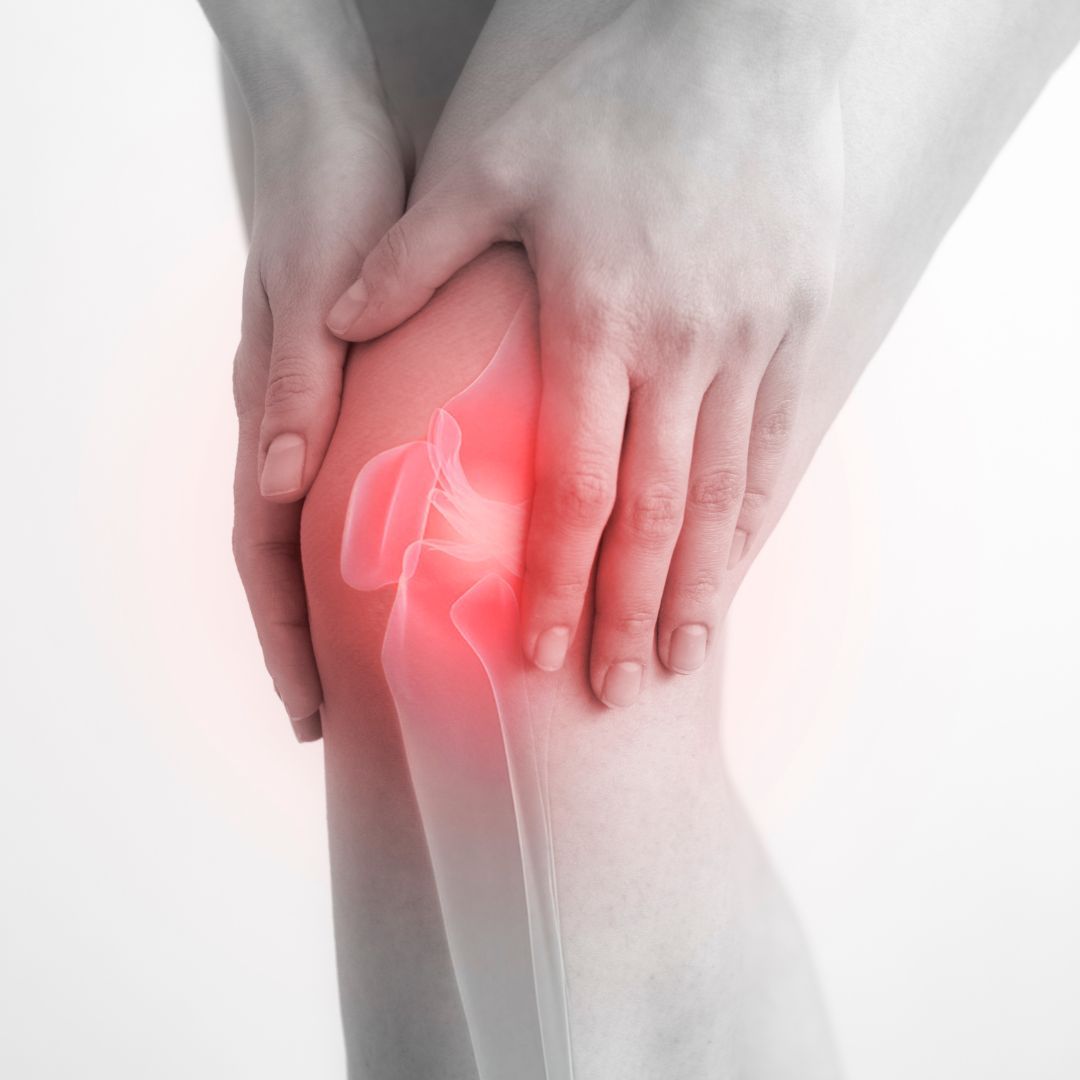You’re not alone if you’re over 40 and feeling nagging knee pain. Many people experience knee discomfort as they age, which can be a real pain—literally! But how do you know when it’s time to seek treatment for arthritic knee joint pain? Let’s explore the signs that indicate you should consider arthritic knee joint pain treatments and what options are available to help you regain your mobility and comfort.
Understanding Arthritic Knee Joint Pain
What is Arthritic Knee Joint Pain?
Arthritic knee joint pain is common, particularly for those over 40. It’s primarily caused by arthritis, which is the inflammation of the joints. There are several types of arthritis that can affect your knees, including osteoarthritis (the most common), rheumatoid arthritis, and post-traumatic arthritis. Each type has its causes and symptoms, but they all can lead to that pesky knee pain you might be feeling.
Common Symptoms
So, what should you be on the lookout for? Common symptoms of arthritic knee joint pain include:
- Pain can range from dull aches to sharp, stabbing sensations.
- Swelling: You might notice that your knee looks puffy or feels warm to the touch.
- Stiffness: Especially in the morning or after sitting for long periods.
- Limited Range of Motion: Difficulty bending or straightening your knee completely.
If any of these sound familiar, it’s worth paying attention to how your knees feel!
Signs You Should Seek Arthritic Knee Joint Pain Treatments
Persistent Pain
If your knee pain doesn’t seem to go away, it’s a significant red flag. Occasional discomfort is one thing, but if you’re experiencing persistent pain that interrupts your daily activities, it’s time to consider getting some help. Chronic pain can not only be uncomfortable but can also affect your mood and overall quality of life.
Swelling and Inflammation
Swelling in and around your knee joint can indicate that something isn’t quite right. If your knee feels swollen, stiff, or inflamed, this can be a sign that the underlying cause needs to be addressed. Ignoring swelling can lead to further complications, so it’s best to consult with a healthcare professional if you notice this symptom.
Stiffness and Reduced Mobility
Have you ever woken up with knees that feel like they need a good stretch? Morning stiffness is a common experience for many individuals with arthritis. If you find that your knees feel stiff regularly, especially after sitting or lying down, this might mean you need to explore arthritic knee joint pain treatments. Reduced mobility can affect your ability to engage in everyday activities, from walking your dog to climbing stairs.
Difficulty with Everyday Activities
Let’s be honest: we all want to stay active, whether it’s taking a walk on the beach or enjoying a game of pickleball with friends. If knee pain prevents you from doing the things you love or making simple tasks challenging, it’s a sign that you should pursue treatment. Your knees are paramount for mobility, and you deserve to enjoy life without pain holding you back.
Over-the-counter medications are No Longer Effective
Have you been popping ibuprofen or using topical creams to relieve your knee pain? If you’ve detected that these over-the-counter remedies aren’t cutting it anymore, it’s time to rethink your approach. Relying on medications for long periods isn’t ideal, especially when they only provide temporary relief. Consulting with a professional can help you find a more effective, long-term solution.
When to Consider Arthritic Knee Joint Pain Treatments
Seeking Professional Evaluation
If you’ve identified any of these signs in yourself, consulting with a healthcare provider for a thorough evaluation is essential. They can assess your symptoms, conduct necessary imaging tests, and provide you with a clear understanding of what’s going on with your knees. Don’t wait too long; early intervention can significantly affect your treatment outcomes!
Exploring Treatment Options
Once you’ve seen a professional, they may discuss various treatment options tailored to your specific condition. These may include:
- Physical Therapy: Tailored exercises can help strengthen the muscles around your knee and improve flexibility.
- Medications: Prescription medications may be necessary if over-the-counter options aren’t working.
- Injections: Corticosteroid injections can provide temporary relief by reducing inflammation.
- Surgery: In severe cases, surgical options like arthroscopy or knee replacement may be considered.
Your treatment plan will depend on the severity of your arthritis and your individual needs.
Setting Realistic Expectations
It’s crucial to have realistic expectations regarding your treatment. While many options can significantly alleviate pain, it’s essential to understand that some treatments take time to show results. Discuss your goals with your healthcare provider to ensure you’re on the right track.
The Benefits of Early InterventionPreventing Further Joint Damage
One of the most significant advantages of seeking treatment early is the ability to prevent further joint damage. Ignoring knee pain can lead to complications that could require more invasive treatments later. By addressing the issue sooner rather than later, you can protect your joints and keep them healthy for years to come.
Improved Quality of Life
Imagine waking up without that nagging pain, ready to take on the day. Effective arthritic knee joint pain treatments can significantly enhance your quality of life. Whether it’s returning to your favorite activities, spending time with family, or simply enjoying a walk outside, getting your knee pain under control can open up a world of possibilities.
Conclusion
If you’re over 40 and encountering knee pain, pay attention to the signs that suggest you should seek arthritic knee joint pain treatments. Constant pain, swelling, stiffness, and difficulty with daily activities all signal that it’s time to consult a healthcare professional.
Don’t let knee pain dictate your life—taking action early can lead to better outcomes and a more enjoyable lifestyle. For those looking for expert care, visit the Medical Solutions Center in Delray Beach, FL. Their trustworthy team is ready to help you find the right treatment plan to get you back on your feet and enjoying life again. Your knees will thank you!

